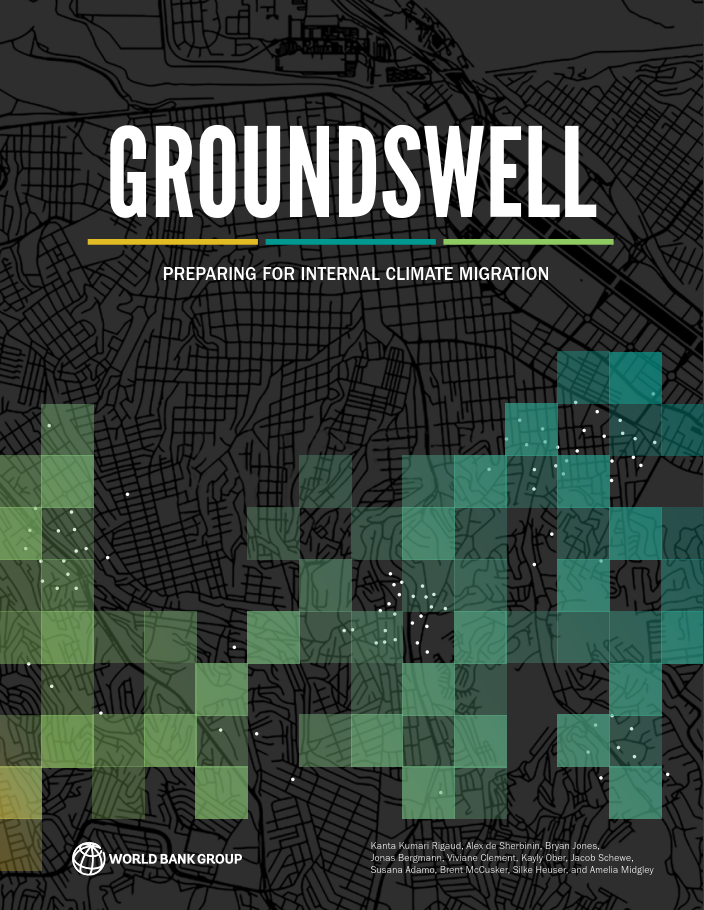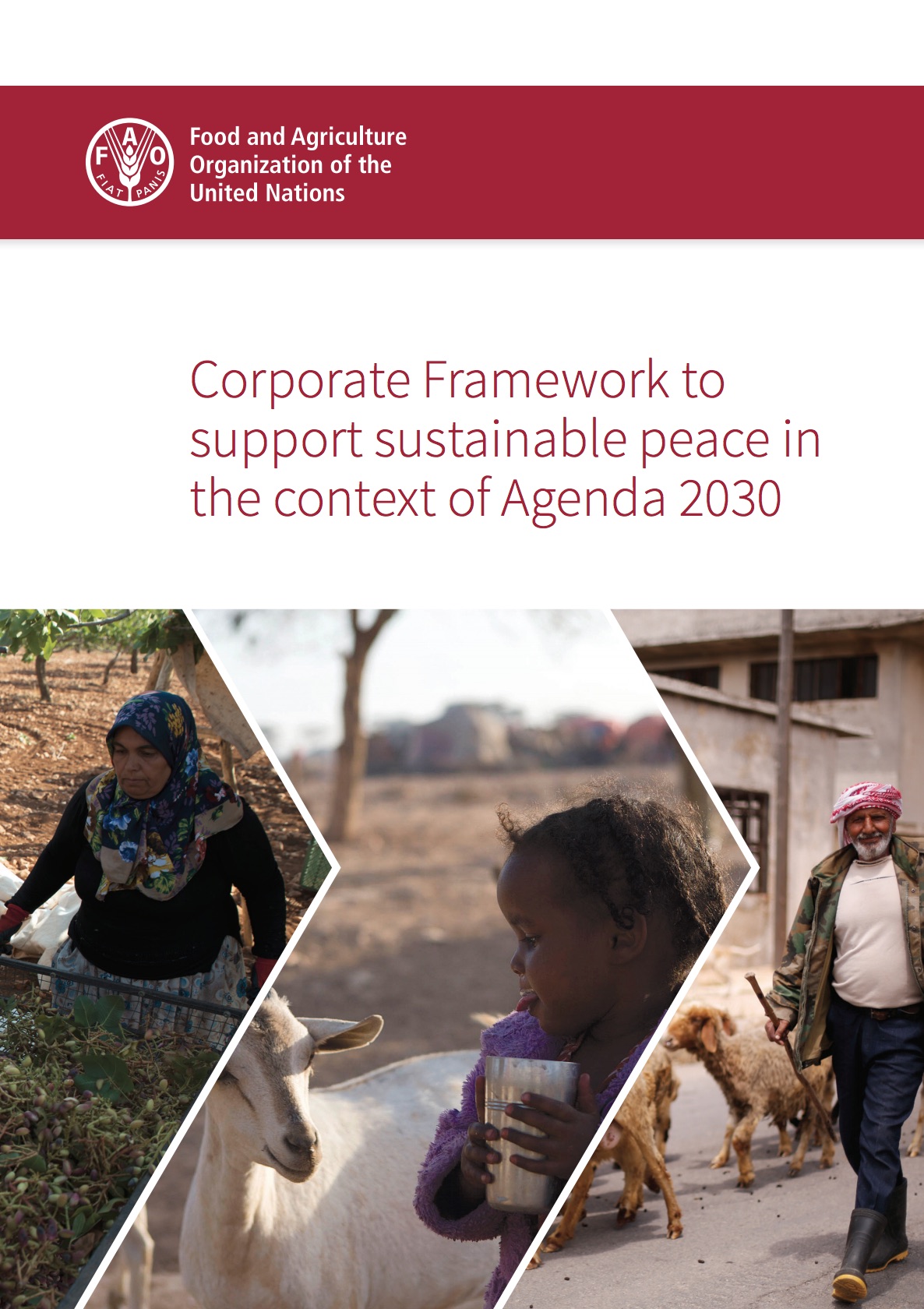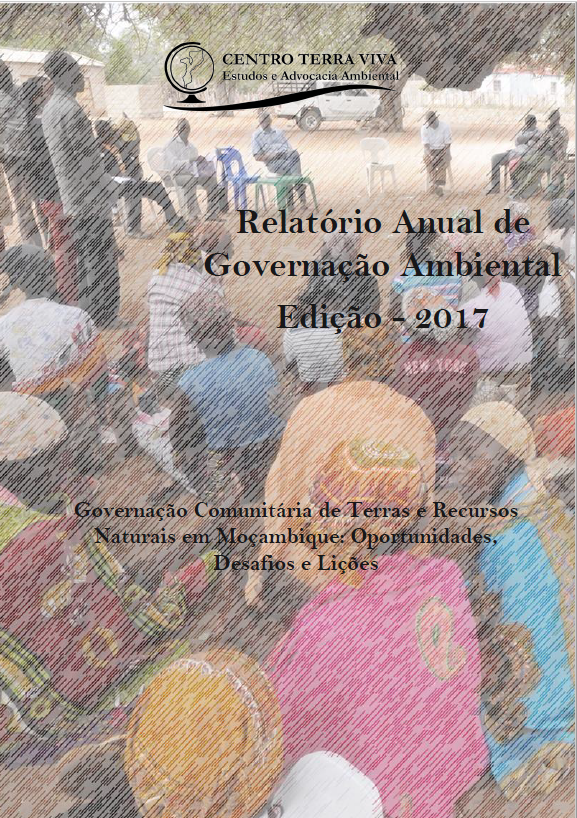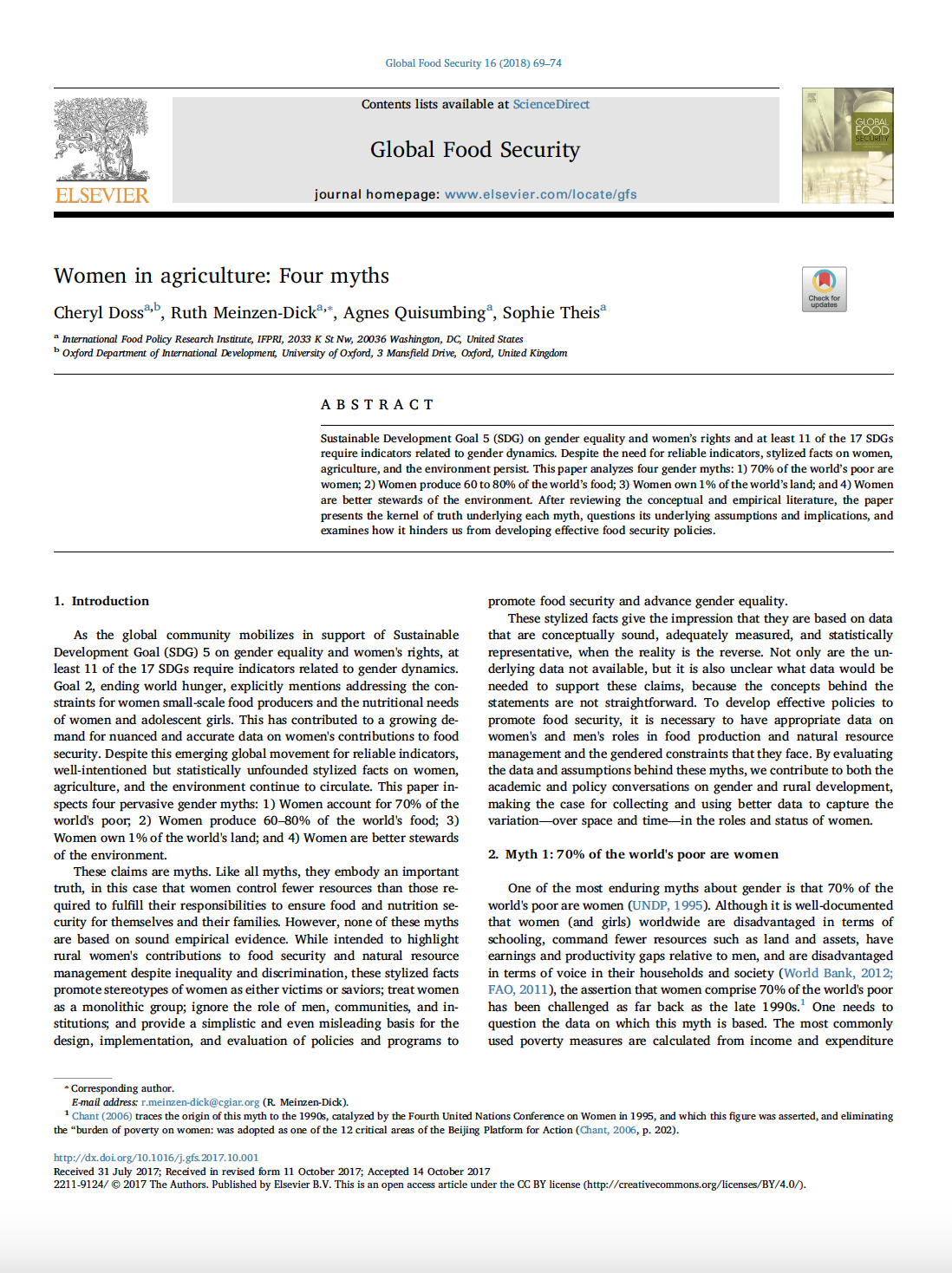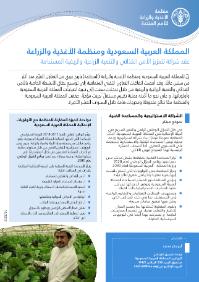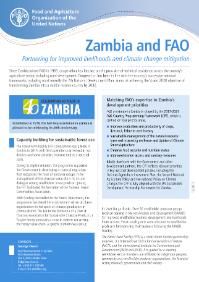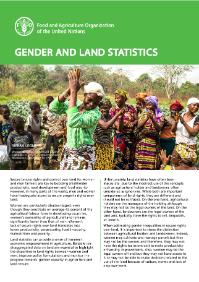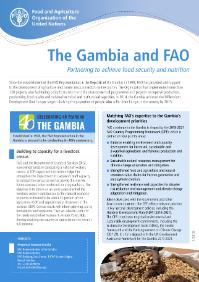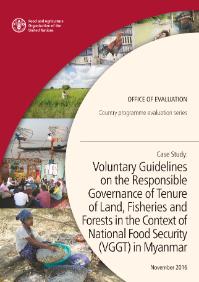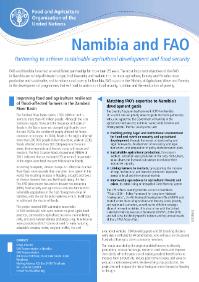Formalising Land Rental Transactions in Ethiopia – Is land certification enough?
The paper explores how a combination of issuing second level land certificates;improving the rural land administration system and addressing market constraints increases the impact of programmes focused only on land tenure issues..This resource was published in the frame of the Land Investment for Transformation (LIFT) Programme. For more information;please check: https://landportal.org/community/projects/land-investment-transformation...


